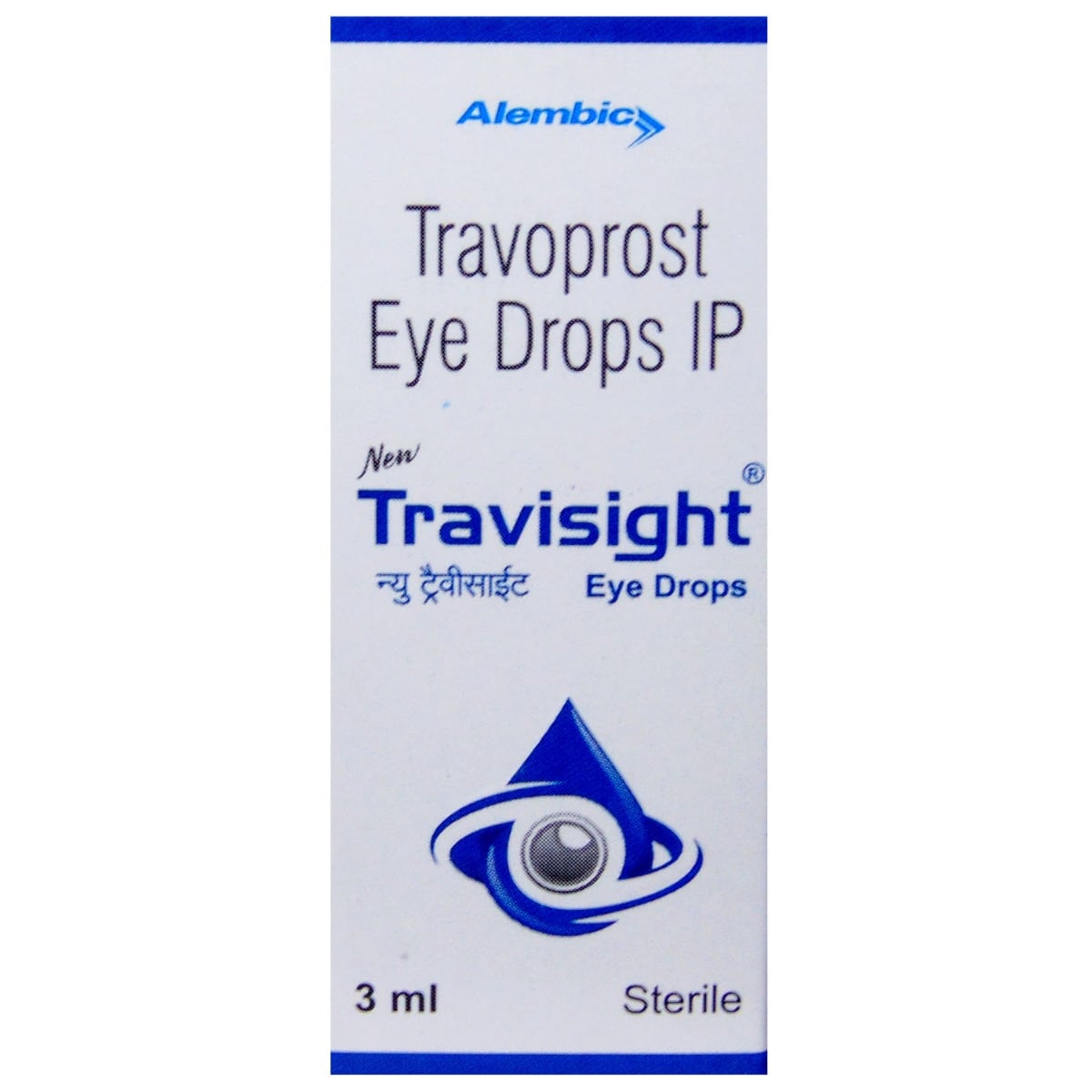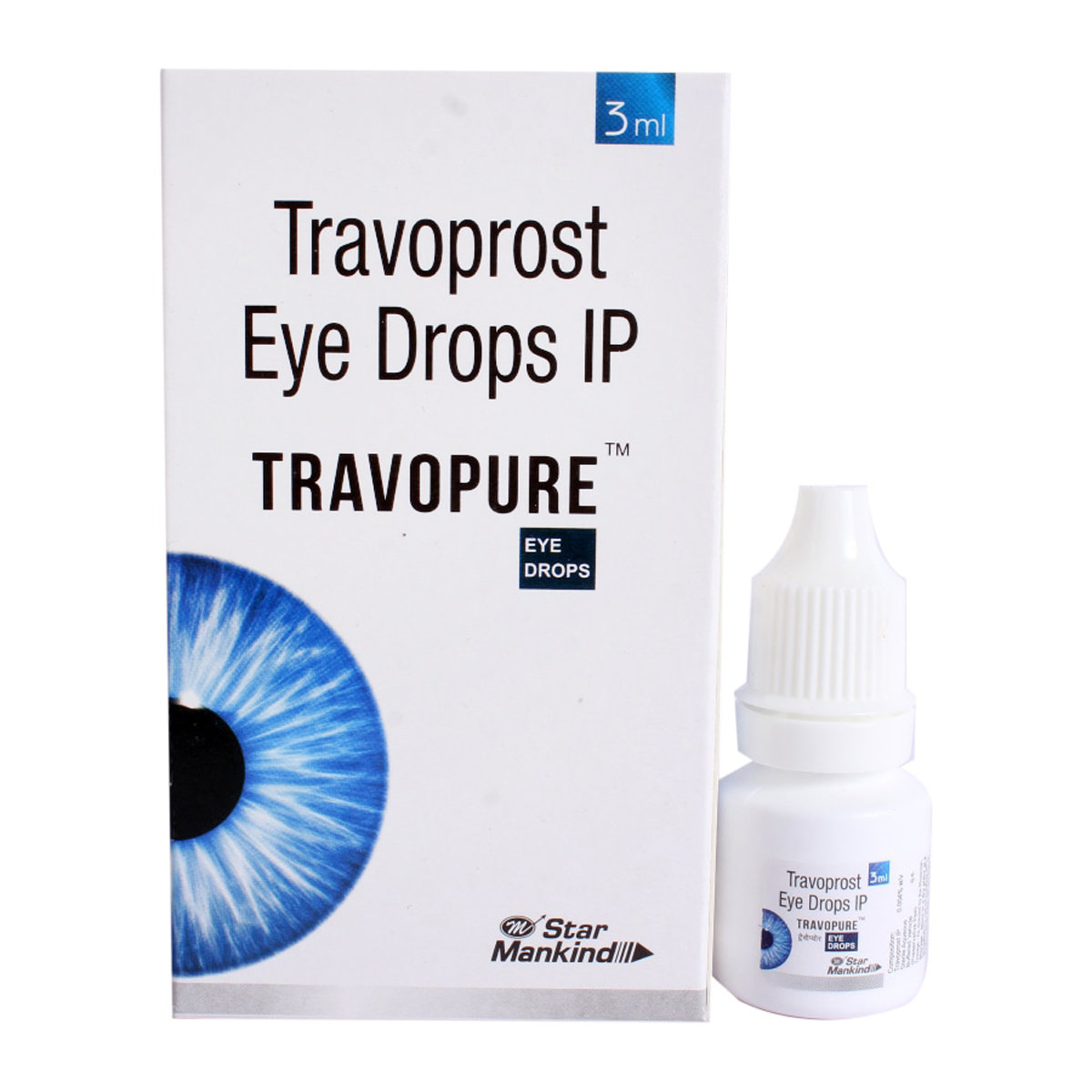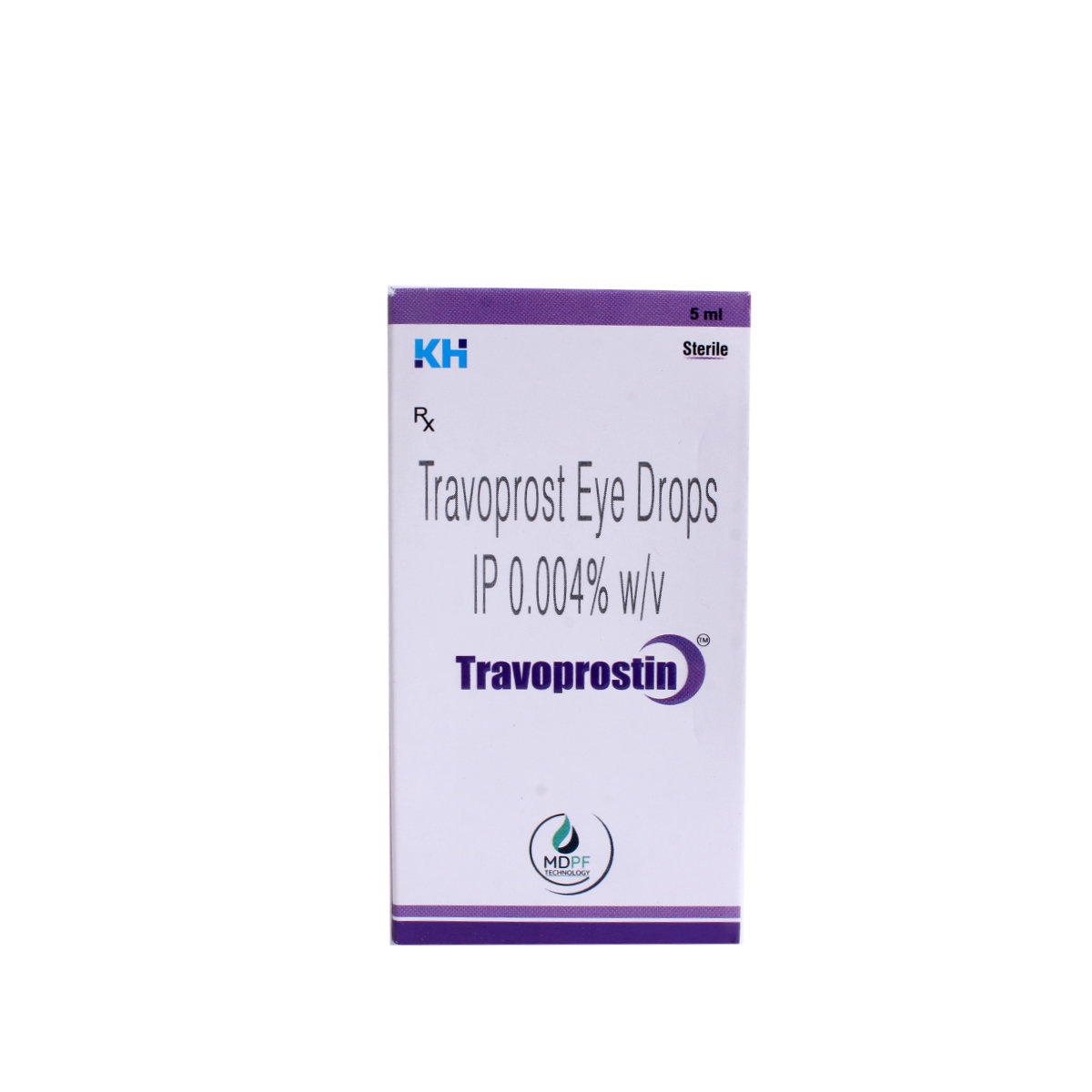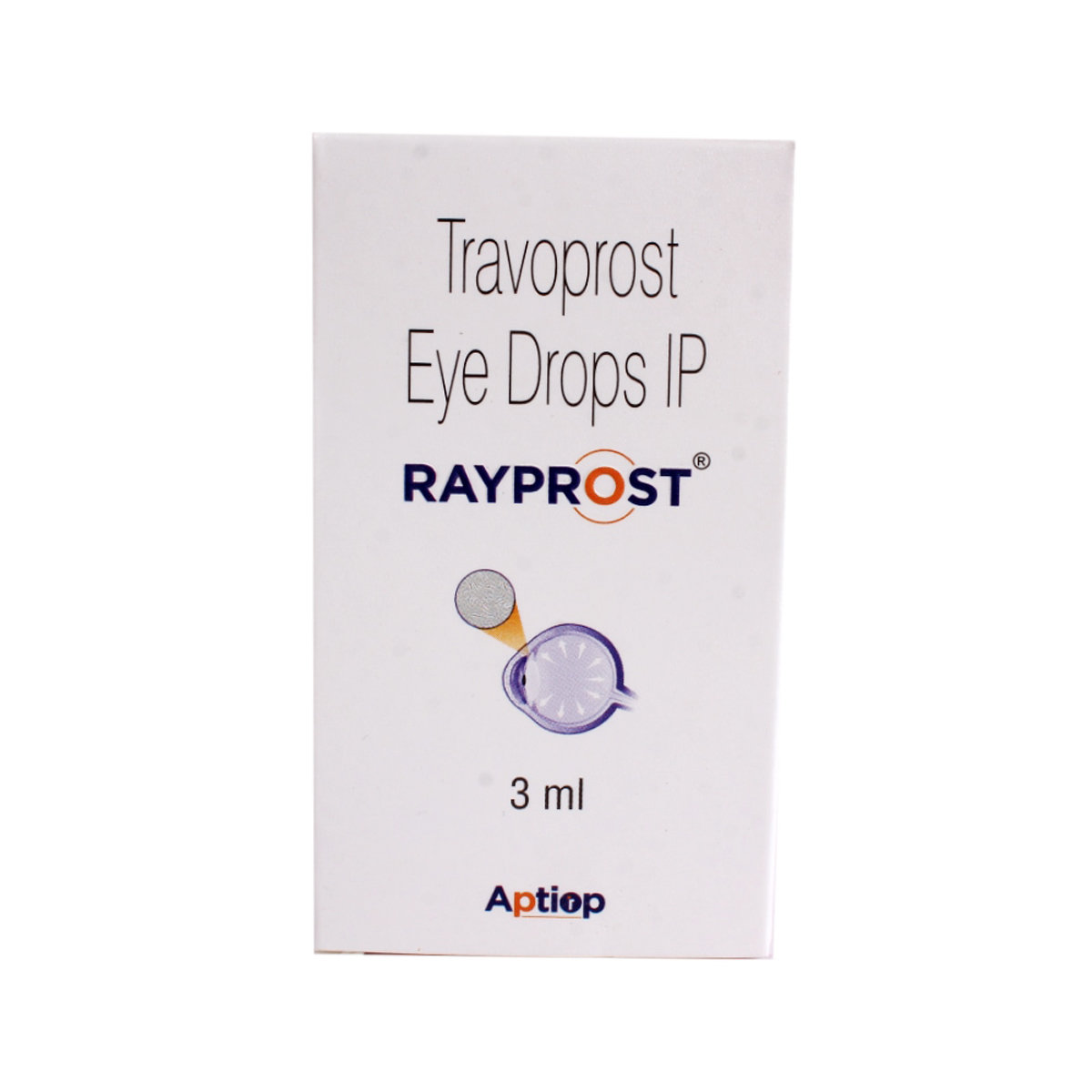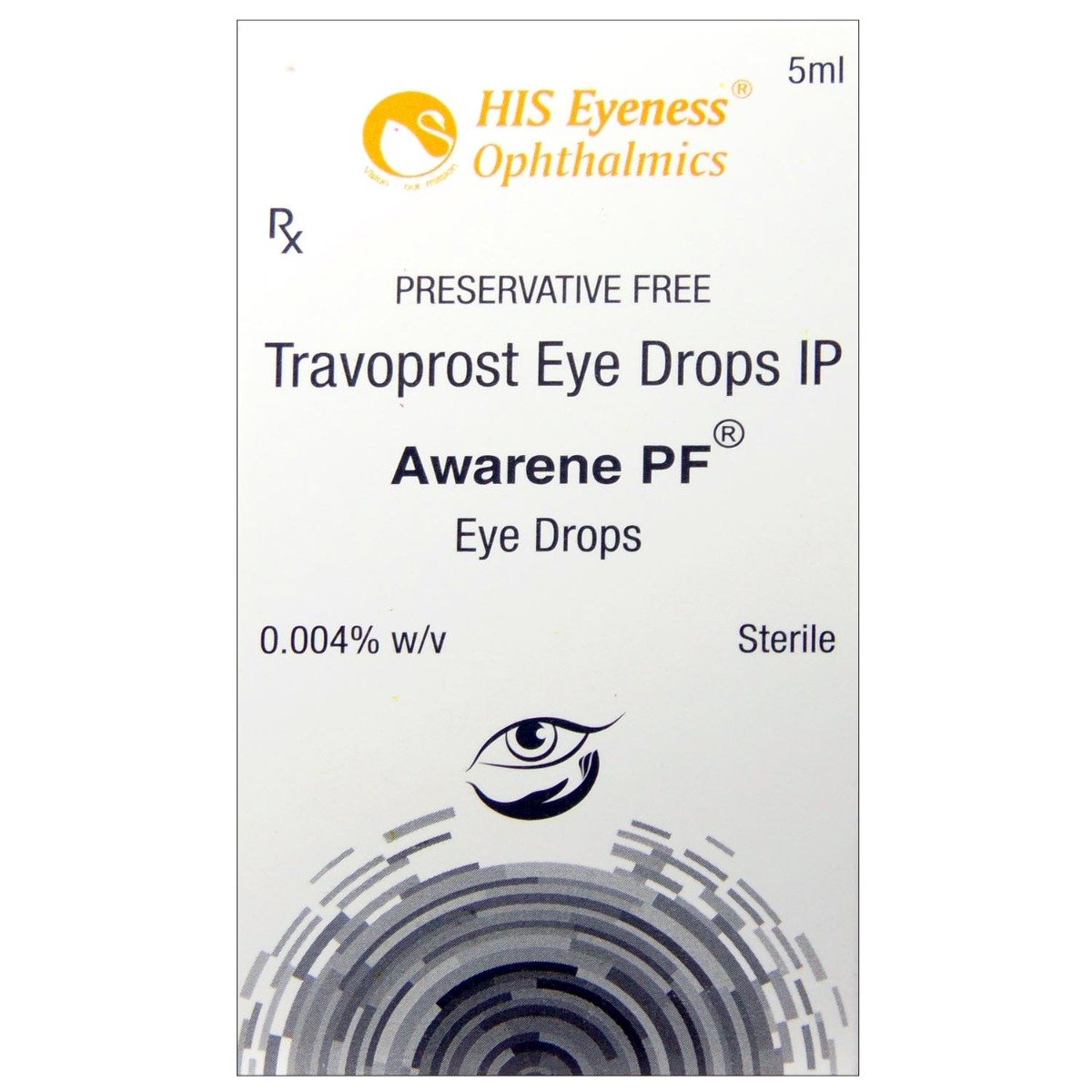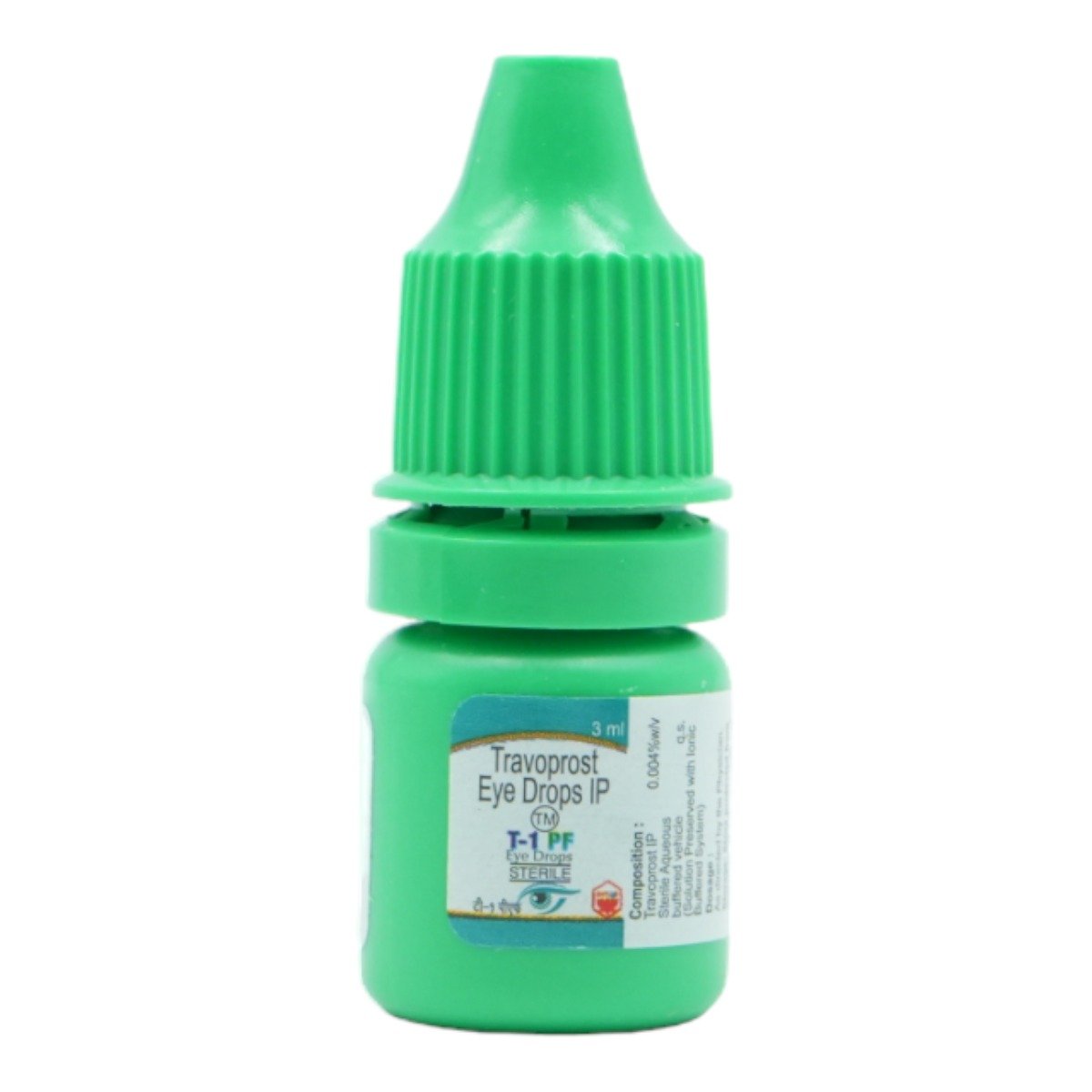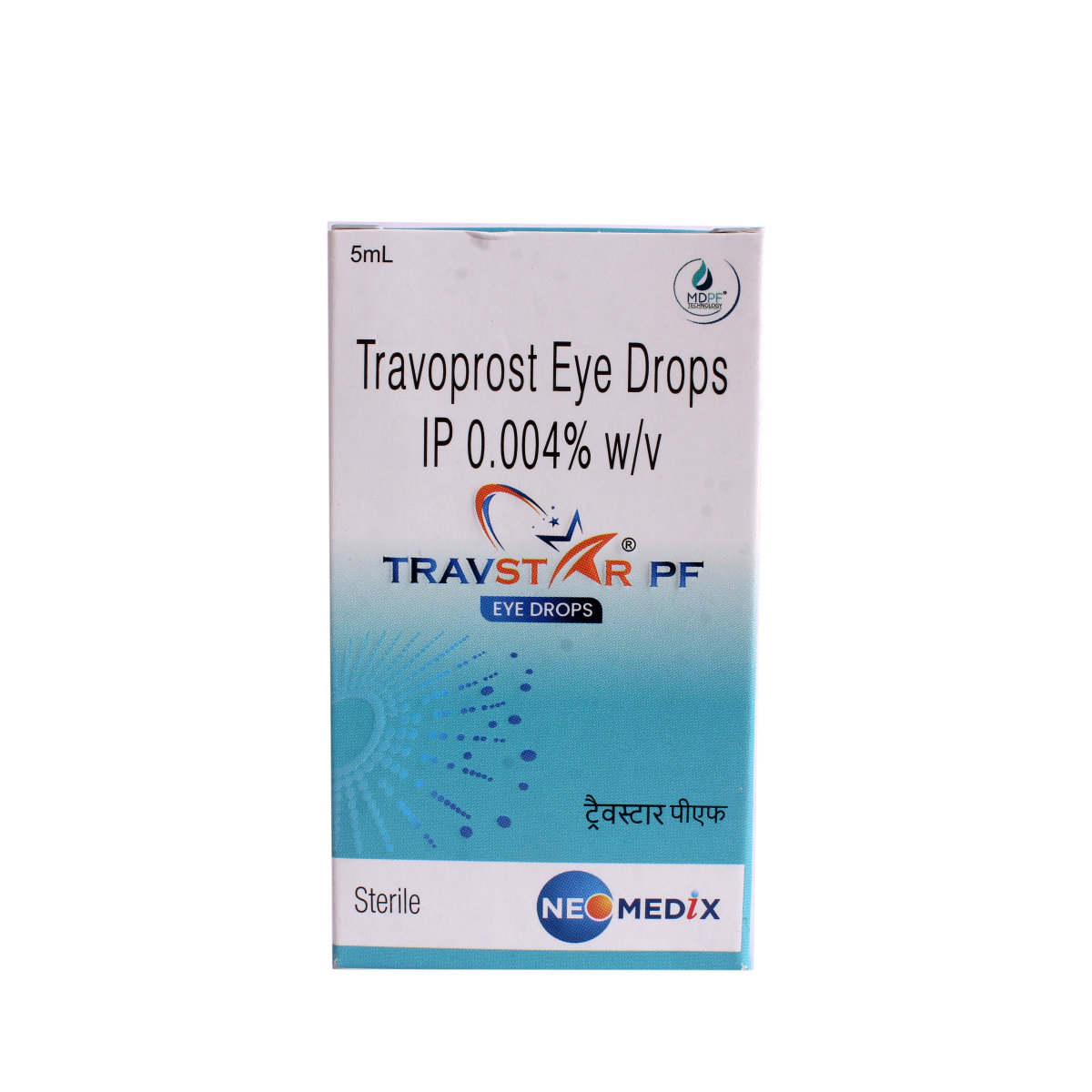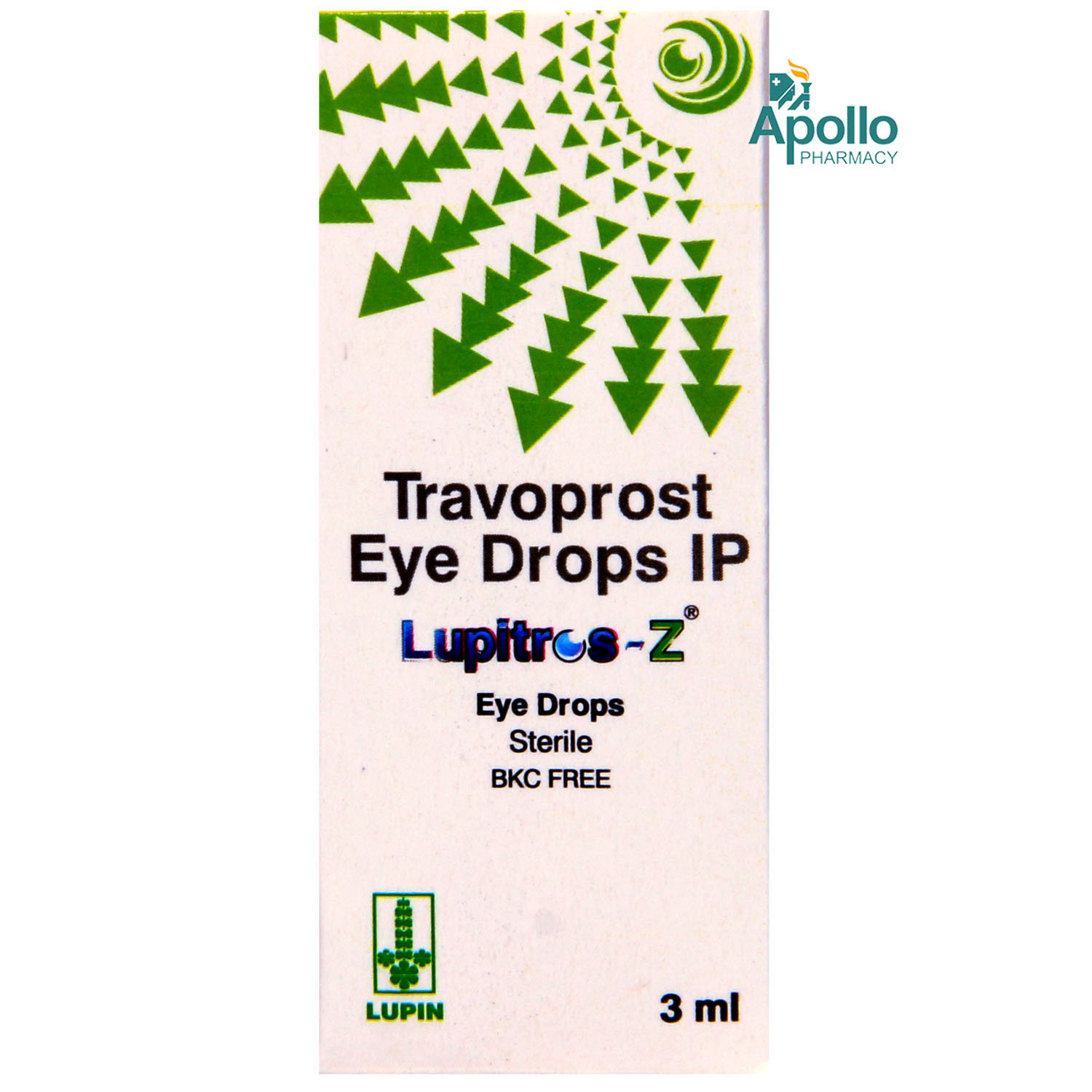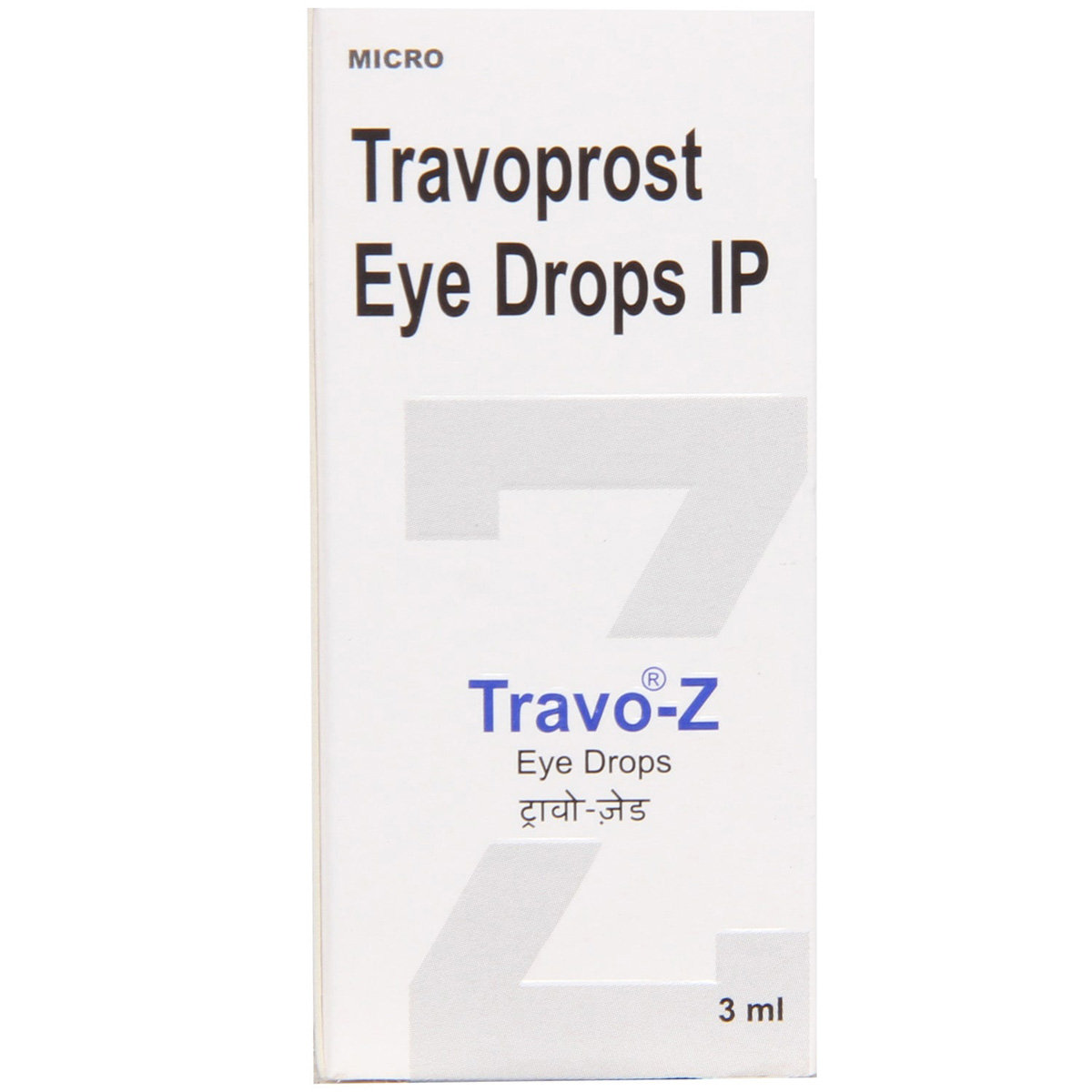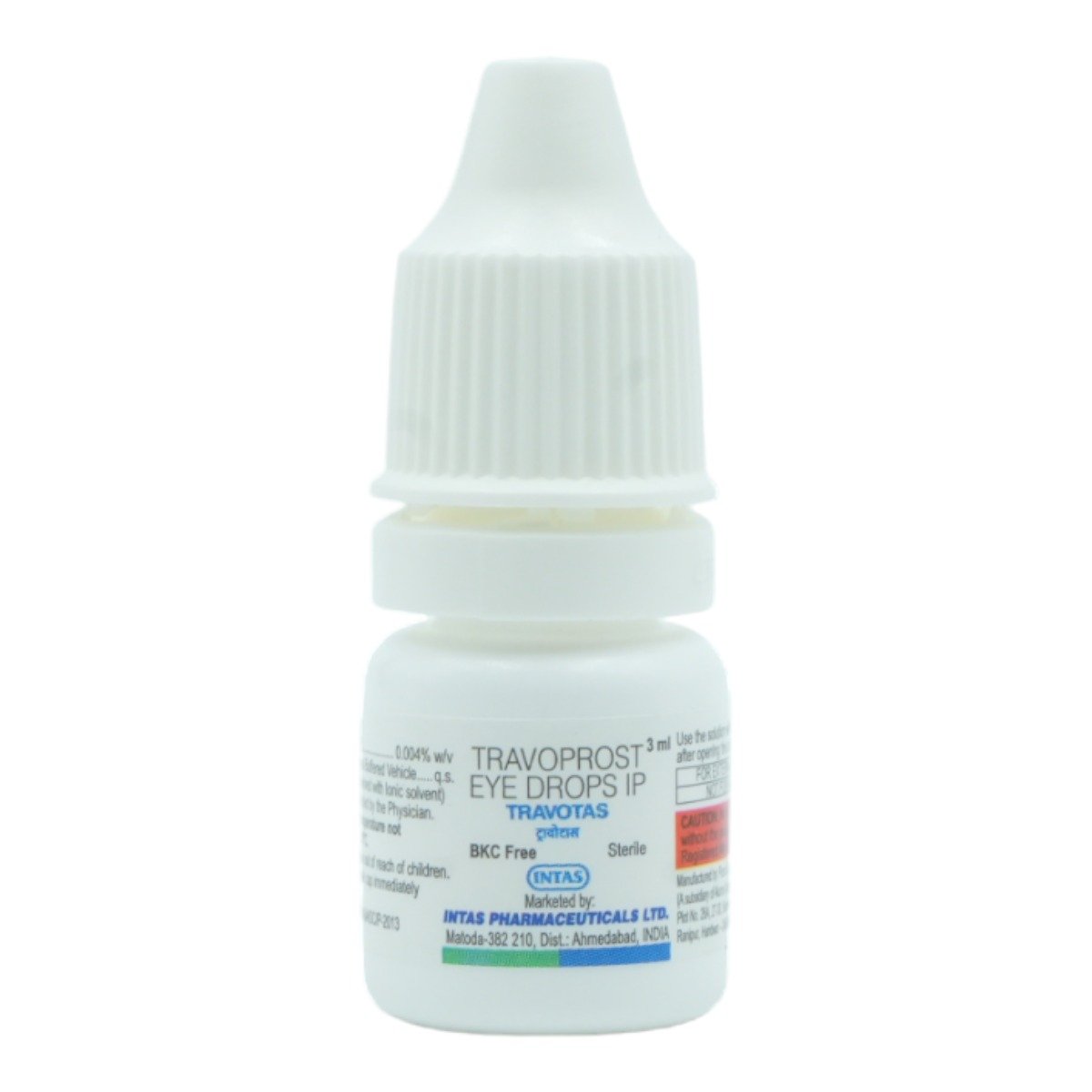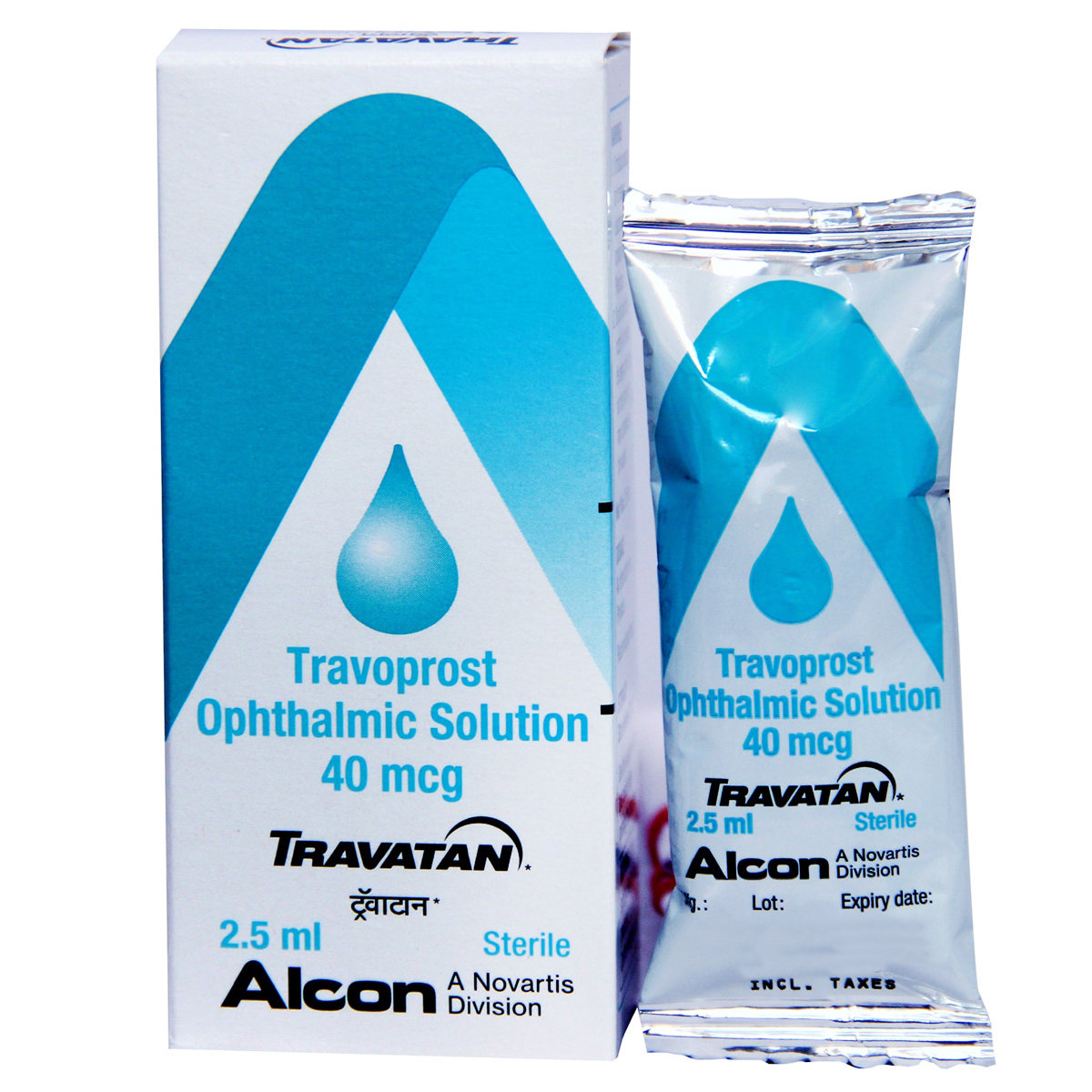Xiatra Eye Drop 3 ml
MRP ₹530.5
(Inclusive of all Taxes)
₹79.6 Cashback (15%)
Provide Delivery Location
Online payment accepted
 Prescription drug
Prescription drugWhats That
Composition :
Manufacturer/Marketer :
Consume Type :
Expires on or after :
Return Policy :
About Xiatra Eye Drop 3 ml
Xiatra Eye Drop 3 ml belongs to the class of ophthalmic preparations. It is used for the reduction of elevated intraocular pressure in patients with open-angle glaucoma or ocular hypertension. Glaucoma is an eye condition that causes damage to the optic nerve (necessary for optimal vision) as a result of unusual high eye pressure. Ocular hypertension is an increase in ocular pressure caused by inadequate aqueous humor outflow (fluid in the eye that maintains normal pressure by its continuous flow).
Xiatra Eye Drop 3 ml contains Travoprost, a prostaglandin analogue that reduces elevated ocular pressure by enhancing the outflow of aqueous fluid.
Xiatra Eye Drop 3 ml should be used as prescribed by your doctor. Conjunctival hyperemia (a sign of acute anterior inflammation), decreased visual acuity, eye discomfort, foreign body sensation, pain and pruritus (itching) may occur in some situations. The majority of side effects do not require medical treatment and fade away with time. However, if the side effects persist, consult your doctor.
If you are allergic to Travoprost or any ingredients present in the Xiatra Eye Drop 3 ml, inform the doctor. It is recommended not to take Xiatra Eye Drop 3 ml if you are a pregnant or nursing mother without first consulting your doctor. If you are using more than one ophthalmic medicine, give each one (drug) at least a ten-minute gap. Xiatra Eye Drop 3 ml may induce temporary blurred vision; therefore, avoid driving or operating machinery until your vision is clear. Before using the Xiatra Eye Drop 3 ml, inform your doctor about your medical history and other medications you are currently taking to rule out any potential negative effects.
Uses of Xiatra Eye Drop 3 ml
Directions for Use
Key Benefits
The intraocular pressure (the pressure built inside the eyeball) is naturally maintained by a normally flowing liquid known as aqueous humour. If this outflow of liquid gets blocked, then aqueous pressure starts putting more pressure within the eyeball. Excessive pressure must be managed; otherwise, it can damage the optic nerve and impair vision. Xiatra Eye Drop 3 ml is a well-known medication for open-angle glaucoma that effectively reduces excessive pressure by inhibiting prostaglandin action in the eye. Prostaglandin is a naturally occurring chemical that contributes to eye dryness. Xiatra Eye Drop 3 ml functions as a synthetic prostaglandin that works similarly to natural ones by increasing the drainage of aqueous humour inside the eyeball, resulting in a decrease in intraocular pressure.
Storage
Drug Warnings
Go for regular eye checkups that help the doctor know whether Xiatra Eye Drop 3 ml is working properly or not. Apply the Xiatra Eye Drop 3 ml in the affected eye as directed by the doctor, and don't increase the dose or use it more often to get the results faster. Always remove the contact lenses before using Xiatra Eye Drop 3 ml as there is a preservative in Xiatra Eye Drop 3 ml that can be absorbed by the contact lenses. It is better one should wait for a minimum of 15 minutes after applying this drug before putting lenses back in. Do not rinse and use the dropper; instead, replace the dropper after every use. Don't skip a dose, and use it regularly to gain maximum benefits. Try to use this medication at the same time of day. Keep using this drug even if you feel better and ask your doctor they will tell you the right time to stop it.
Diet & Lifestyle Advise
- Blackcurrants are rich in anthocyanins that help normalize the flow of blood in the eyes.
- Include dairy foods in your diet that may improve eye health.
- Indulge yourself in aerobic exercise that relaxes eye muscles and the pressure built inside them.
- Consume more leafy vegetables, including cabbage, kale, and spinach, that improves eye health and lowers the risk of glaucoma.
- Quit smoking as it increases the risk of open-angle glaucoma.
- Avoid the consumption of too much caffeine and alcohol as these products affect eye health and, at one point, increase eye pressure.
- If you wear contact lenses, clean and replace them more frequently. Never share your contact lenses. Always cleanse your hands before putting on the contact lens.
- Wipe your eyes and face with clean towels or tissues at all times.
- Maintain good hygiene to keep your eyes clean and clear of irritants.
- Do not rub your eyes.
- Avoid looking at digital screens for extended periods of time.
- Wash your hands thoroughly, and do not touch the dropper before using drops to avoid contamination.
Side Effects of Xiatra Eye Drop 3 ml
- Conjunctival hyperemia (sign of acute anterior inflammation)
- Decreased visual acuity
- Eye discomfort
- Foreign body sensation
- Pain
- Pruritus (itching)
Habit Forming
Therapeutic Class
All Substitutes & Brand Comparisons
RX
Travasenz Eye Drops 3 ml
Senses Pharmaceuticals Pvt Ltd
₹150
(₹45.0/ 1ml)
71% CHEAPERRX
Travisight Eye Drops 3ml
Alembic Pharmaceuticals Ltd
₹233
(₹69.9/ 1ml)
56% CHEAPERRX
Doprost-T 0.004%W/V Eye Drops 3ml
Does Health Systems Pvt Ltd
₹269
(₹80.7/ 1ml)
49% CHEAPER
FAQs
Drug-Drug Interactions Checker List
- BIMATOPROST
- LATANOPROST
- TAFLUPROST
- UNOPROSTONE
Disease/Condition Glossary
Ocular hypertension: Ocular hypertension occurs when the pressure inside the eye (intraocular pressure or IOP) is higher than normal. Ocular hypertension is typically caused by a blockage in the eye's drainage ducts or an excess of aqueous humour.
Glaucoma: Glaucoma is an eye condition that occurs when the optic nerve, which connects the eye to the brain, is injured. It is usually caused by a build-up of fluid in the front of the eye, which raises the pressure inside the eye. Glaucoma can cause vision loss if it is not detected and treated early. Early detection and treatment can help keep your vision from deteriorating.

Have a query?
Alcohol
Safe if prescribed
No interaction was found. However, it is advisable not to take or limit alcohol as a precautionary measure.
Pregnancy
Consult your doctor
Xiatra Eye Drop 3 ml is a synthetic prostaglandin that is biologically active and gets absorbed through the skin. Hence Xiatra Eye Drop 3 ml could be used in pregnancy only under medical supervision if clearly needed.
Breast Feeding
Consult your doctor
Xiatra Eye Drop 3 ml should be used with caution in breastfeeding women. If you are a breastfeeding mother your doctor will weigh the benefits and potential risks before prescribing Xiatra Eye Drop 3 ml for you.
Driving
Safe if prescribed
Xiatra Eye Drop 3 ml may cause temporary blurred vision. Therefore, avoid driving or doing activities that require clear vision.
Liver
Consult your doctor
Xiatra Eye Drop 3 ml is safe to use in patients with Liver diseases/conditions if prescribed by a doctor.
Kidney
Consult your doctor
Xiatra Eye Drop 3 ml is safe to use in patients with kidney diseases/conditions if prescribed by a doctor.
Children
Safe if prescribed
It is not recommended for use in children under 16 years of age.




